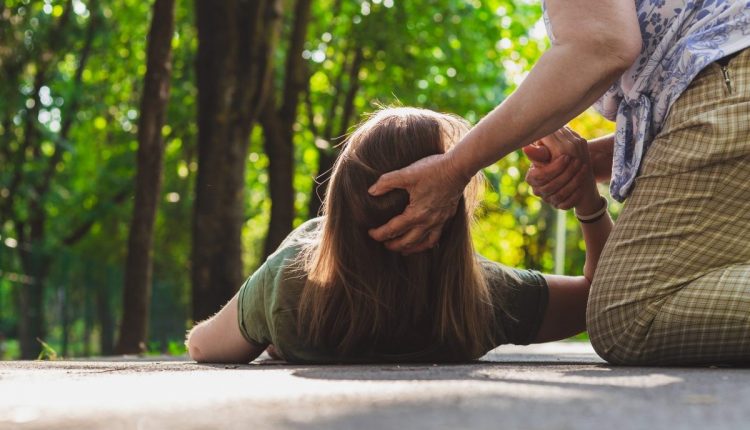
Seizures in children: Types, causes and treatments of seizures
Seizures in children: Seizures are the result of abnormal activity in the brain. We are referring to a serious electrical problem within the brain
Understanding some of the signs and symptoms associated with a seizure will help you prepare if your child ever experiences seizures
Seizures can be very scary to witness, especially in your child, but remember that most only last a few minutes and stop on their own. Most of the time they are not life threatening.
Common symptoms include but are not limited to:
- Unusual sensations
- Uncontrollable muscle spasms
- Loss of consciousness
- Roll your eyes
- Staring or blinking
- Repetitive movements followed by confusion
Causes of seizures
There are numerous factors that can trigger a seizure in your baby
- Low blood sugar
- Infections
- Head injuries
- High fever
- Babies who hold their breath for too long (while trying to cry)
- Accidental poisoning
- Drug overdose
- Meningitis
- cerebral palsy
- Brain tumors
Anything that results in a marked reduction in the oxygen supply to the brain and reduced blood supply to the brain has the potential to cause a seizure.
Epilepsy
When the seizures start to occur repeatedly, the indications are that your child may be suffering from a condition known as epilepsy.
Epilepsy occurs in about 1 in 100 children.
Having a seizure, however, doesn’t mean your child has epilepsy.
If your child has an epileptic seizure: how to deal with seizures?
But what if your child has a seizure? What are you doing? How do you answer?
- Place the child on the ground (preferably on the right side)
- Remove nearby objects
- Loosen their clothes around their head or neck
- DO NOT try to wedge your mouth open or place an object between your teeth
- DO NOT try to restrain their movements
- Console them and protect them
If the seizure causes the following, you should seek emergency care immediately:
- Difficulty breathing
- Bluish colour
- Head injury
- Known heart condition
- The first time I have a seizure
- Possibility of ingestion of poison
- Possibility of ingestion of drugs
- The child has had seizures before, but they last longer than usual
Many times, following a seizure, your child may fall asleep.
This is fine.
Let them rest as long as they breathe comfortably.
Don’t try to give food or drink until they are awake and alert.
After any seizure, call your doctor or seek emergency medical services.
Your doctor will want to know the following information
- Medical history of the child
- Birth story
- Recent illnesses
- Drugs or chemicals you may be exposed to
- Where did the episode take place?
- How long did it last
- What kind of movements
- How long did your child sleep after
Be alert and aware of what is happening in your child’s life.
Observe their behavior and take action when action is needed.
Read Also
Emergency Live Even More…Live: Download The New Free App Of Your Newspaper For IOS And Android
Seizures In The Neonate: An Emergency That Needs To Be Addressed
Epileptic Aura: The Phase Before A Seizure
Epileptic Seizures: How To Recognise Them And What To Do
Epilepsy Surgery: Routes To Remove Or Isolate Brain Areas Responsible For Seizures
European Resuscitation Council (ERC), The 2021 Guidelines: BLS – Basic Life Support
Pre-Hospital Seizure Management In Paediatric Patients: Guidelines Using GRADE Methodology / PDF
New Epilepsy Warning Device Could Save Thousands Of Lives
Understanding Seizures And Epilepsy
First Aid And Epilepsy: How To Recognise A Seizure And Help A Patient
Childhood Epilepsy: How To Deal With Your Child?
Spinal Immobilisation Of The Patient: When Should The Spine Board Be Put Aside?
First Aid And Medical Intervention In Epileptic Seizures: Convulsive Emergencies
Airway Management After A Road Accident: An Overview
Ambulance: Common Causes Of EMS Equipment Failures — And How To Avoid Them



